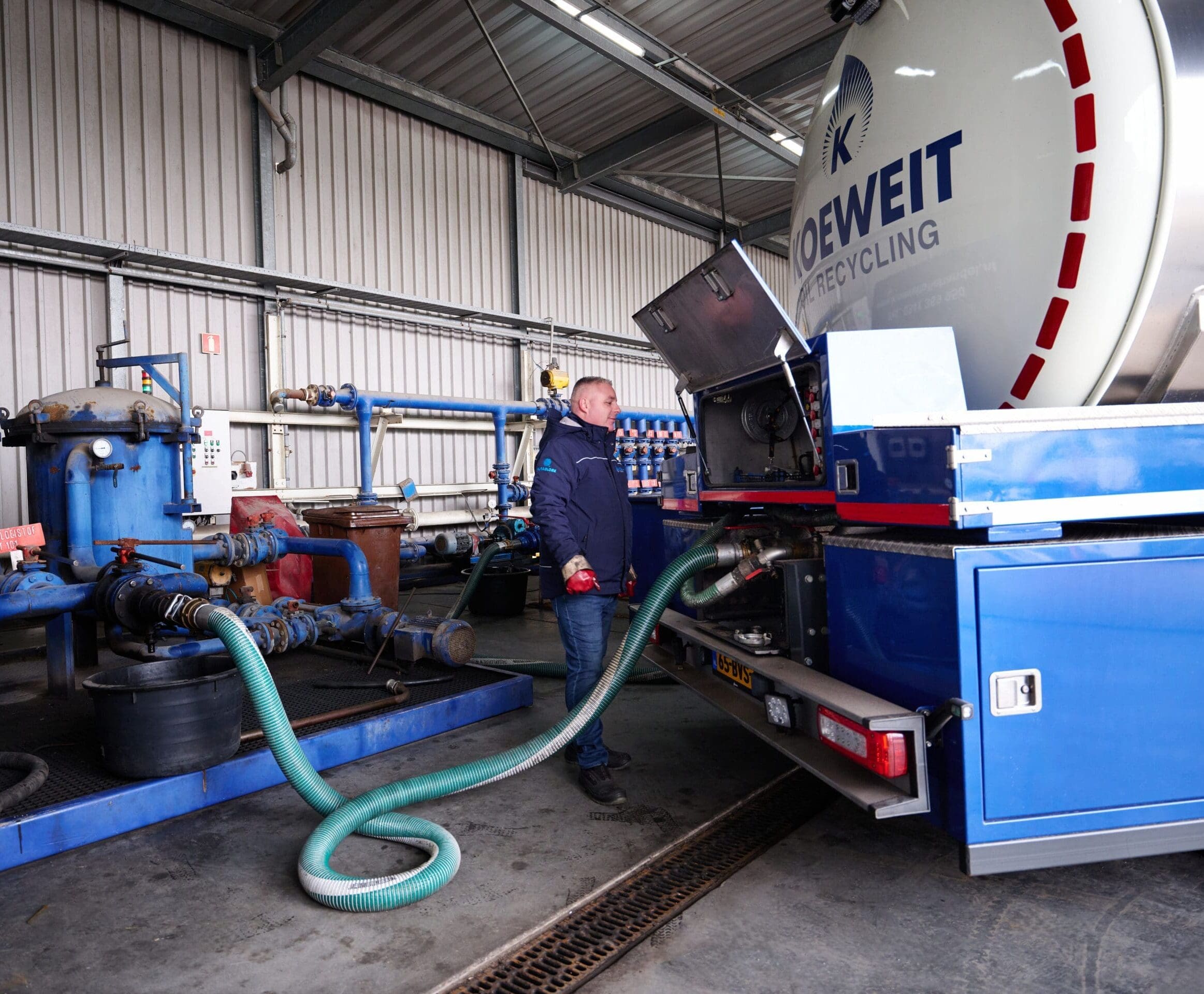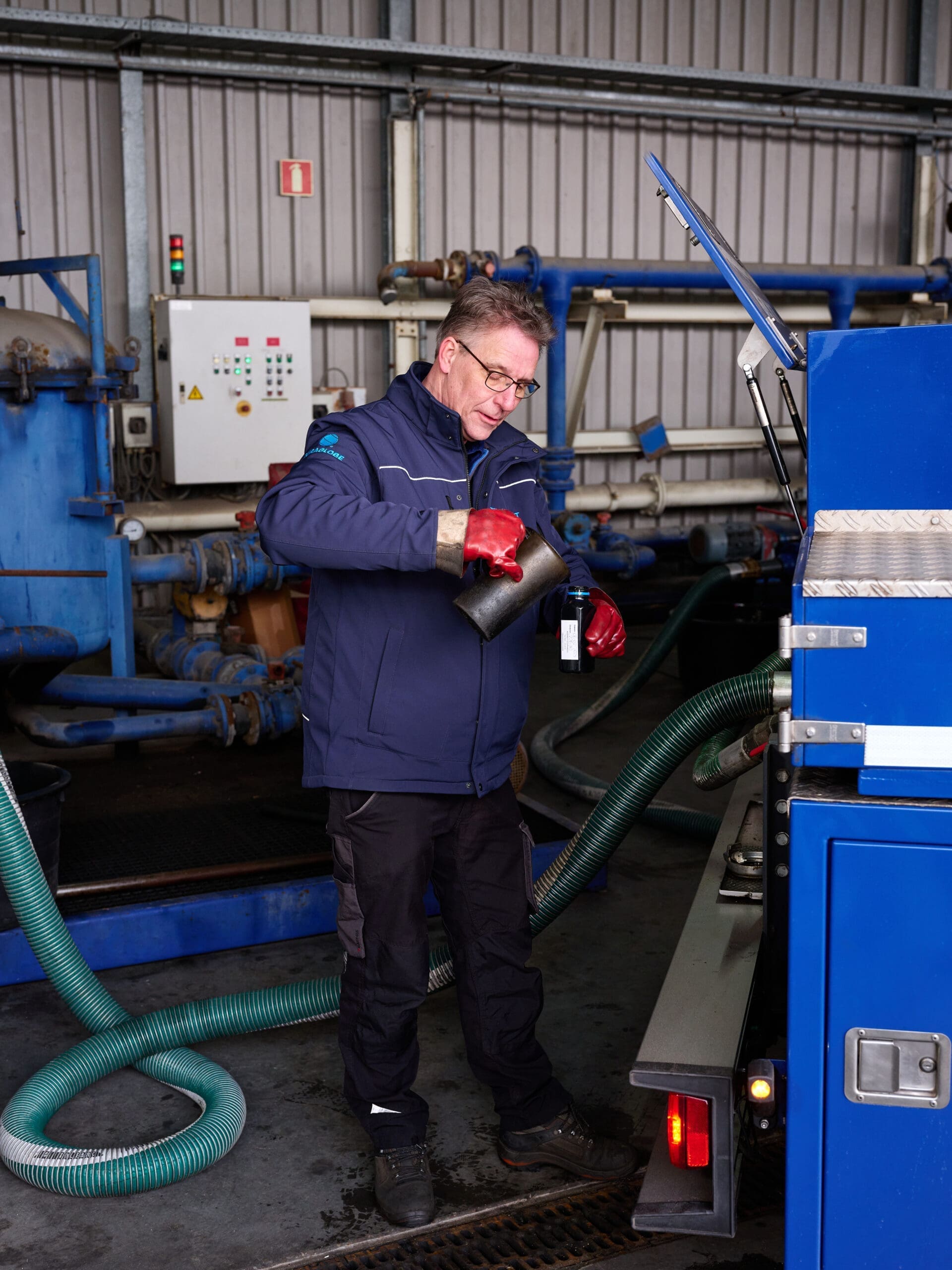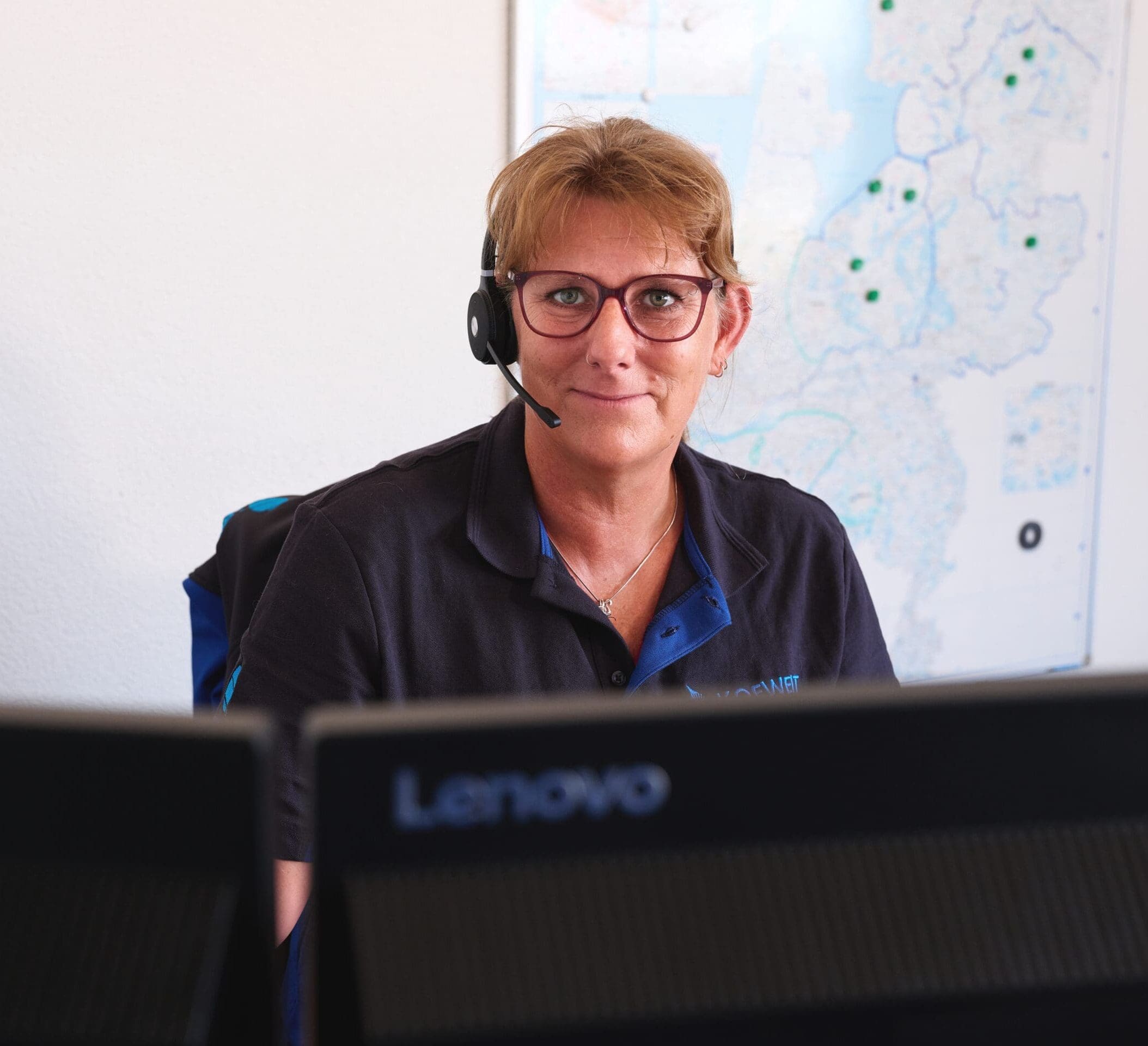
Companies in the automotive, industrial and workshop sectors are regularly faced with having to dispose of chemical waste. Think of used oil, brake fluid, coolant, oil filters and oily waste. In practice, these streams are often also referred to as hazardous waste disposal - which is the official designation in environmental legislation. Whether you call it chemical waste or hazardous waste: the obligations are the same. This waste must be safely stored, registered and disposed of through a licensed collector like Koeweit Oil Trading.
In this article you'll read what the law requires, what risks are involved and how Koeweit Oil Trading helps companies arrange this efficiently, sustainably and in full compliance.
What is chemical waste?
Chemical waste is any waste that can be harmful to humans, animals or the environment. It includes substances that are flammable, toxic or environmentally hazardous. In your industry, common examples are waste oil, oily waste, brake fluid, coolant and oil filters. Environmental legislation officially uses the term "hazardous waste," but it makes no difference for collection and disposal: both fall under the same strict rules and require a licensed collector like Koeweit Oil Trading.
Legal obligations for companies
The disposal of chemical waste is strictly regulated in the Netherlands. Companies are required to have their waste streams collected by a VIHB-registered collector. This includes rules for:
- Store in suitable, labeled drums or containers.
- Transportation according to ADR guidelines for hazardous materials.
- Records with waste stream number and guidance letter to be kept for a minimum of five years.
Failure to comply with these rules can result in large fines or even temporary cessation of business operations.
This is how chemical waste disposal works in practice
At Koeweit Oil Trading, chemical waste is always collected with our own vehicles, which means we have complete control over planning, safety and compliance. For solid streams, we place smart sensors in storage tanks so we know exactly when emptying is required. After disposal, the hazardous waste goes to our own processing plant. Here we provide high-quality upcycling, for example by processing waste oil into new base oil or lubricants. Anything that cannot be reused, we process in a way that minimizes environmental impact.
What makes us unique? Find out here!

Environmental impact and sustainability
We see waste materials not as waste, but as raw materials with value. Through responsible collection and innovative processing, we minimize the impact on the environment. Thus, together with our customers, we contribute to a circular economy and a cleaner future.

What types of hazardous waste we dispose of
Why choose an approved collector?
Chemical waste disposal is not a job for just any hauler. It requires specialized knowledge, the right resources and full compliance with the law. As an approved collector, Koeweit Oil Trade offers companies the assurance that the entire process, from collection to processing, is professional and reliable. In doing so, we combine safety with sustainability and ensure maximum value creation wherever possible.
Fast and hassle-free!
